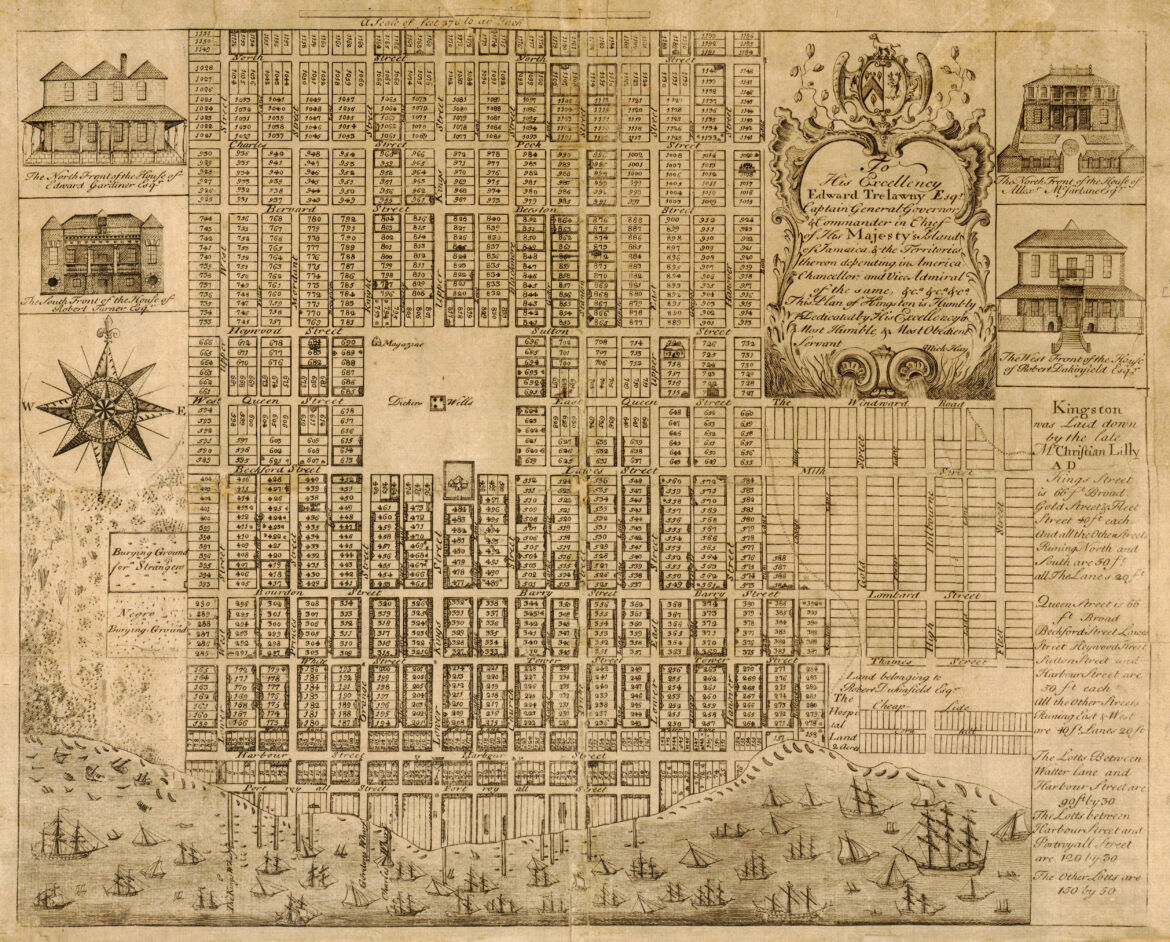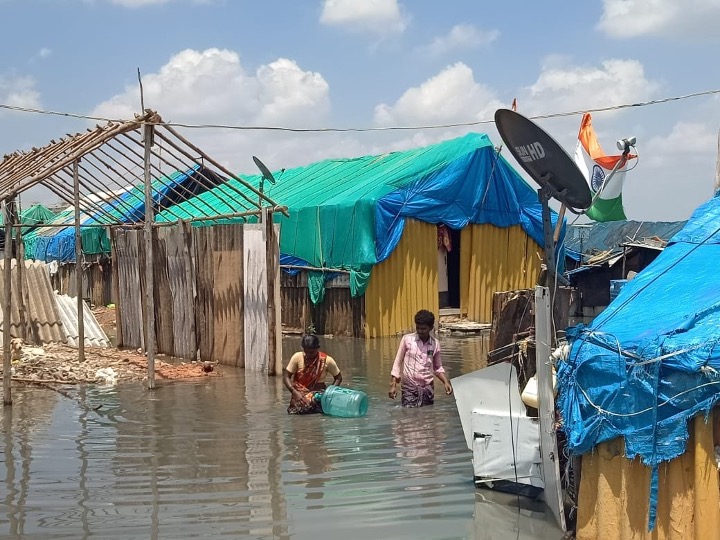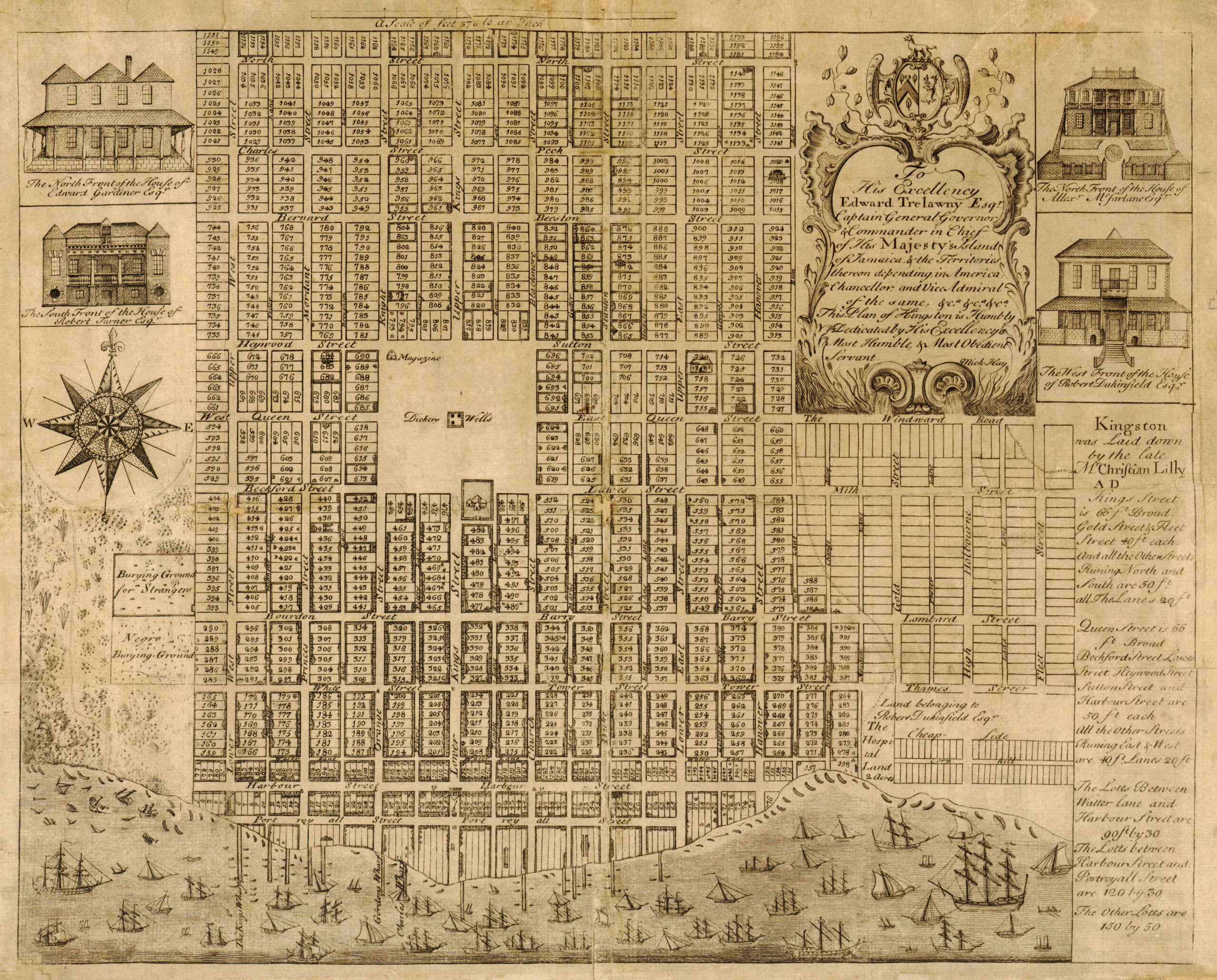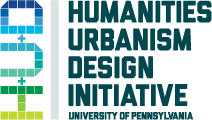Session 1
ENVIRONMENTAL JUSTICE AND DECOLONIZING URBAN SPACE
FEBRUARY 28, 2025
9:30AM-11AM
VAN PELT LIBRARY
KISLAK CENTER
Colonialism, political economy, race, and caste have imprinted themselves on the physical fabric of the city in ways that have effectively privatized and segregated public space and entrenched environmental injustice. Panelists in this session will discuss how mobility practices, attention to sustainability, labor and slum activism, anti-fascist politics, and historic preservation can point the way toward healthier and more equitable cities.
panel keywords: historic preservation, colonial, ideal city, primitive hut, Renaissance, Indigenous, voyages of exploration, social justice, vernacular architecture, sustainable development, aste, climate change, labor, migration, urban political ecology, environmental justice, mobility, streets, biking
PANELIST TOPICS
Surface politics and bicycle mobility in Mumbai, Jonathan Shapiro Anjaria

Street redesigns that reverse decades of car-centric planning in Europe and North America are often seen as applicable to cities everywhere. However, what happens when these projects are implemented in cities with different histories of mobility and spatial claim-making? How might context-specific cultures of mobility lead to different approaches to sustainable mobility? My remarks will draw on my research on the politics of bicycle infrastructure in Mumbai to answer this question.
keywords: mobility, streets, biking
Preserving the Enduring CARIBBEAN Legacy of the Americas in City Design, Patricia Green

Historic Indigenous Caribbean cities and cultural landscape gave birth to and set standards for global urbanism and sustainable development. The Caribbean served as the model for early Renaissance city and architecture theory in Europe that became the template for urban and architectural development in the Americas. Should there be a decolonization approach and social justice agenda in the preservation of architecture and cities in the Americas?
keywords : historic preservation, colonial, ideal city, primitive hut, Renaissance, Indigenous, voyages of exploration, social justice, vernacular architecture, sustainable development
The Climate of Unfreedom: Caste, Labor, and Environmental Justice in Bengaluru, Malini Ranganathan

Climate change vulnerability in India is stratified along caste lines. My research, based on over 100 interviews with migrant laborers both in Bangalore, as well as in the migrant-originating rural districts of Bihar and West Bengal, shows that migrants face a precarity convergence consisting of landlessness, caste and ethnoreligious discrimination, and climate extremes along the entire spectrum of their migration route (origin to destination). I work in solidarity with a labor union and anticaste activists and journalists who are continuing to call attention to the violence of caste and ethnonationalism in this moment of rightwing politics. It is in this context that I seek to give the framework of environmental justice a much more global and intersectional relevance.
keywords: caste, climate change, labor, migration, urban political ecology, environmental justice
PANELISTS

Jonathan Anjaria

Patricia E. Green

Malini Ranganathan
PENN CORRESPONDANTS

Lisa Mitchell

Keisha-Khan Perry
GALLERY

Jonathan Shapiro Anjaria

Patricia E. Green

Malini Ranganathan
